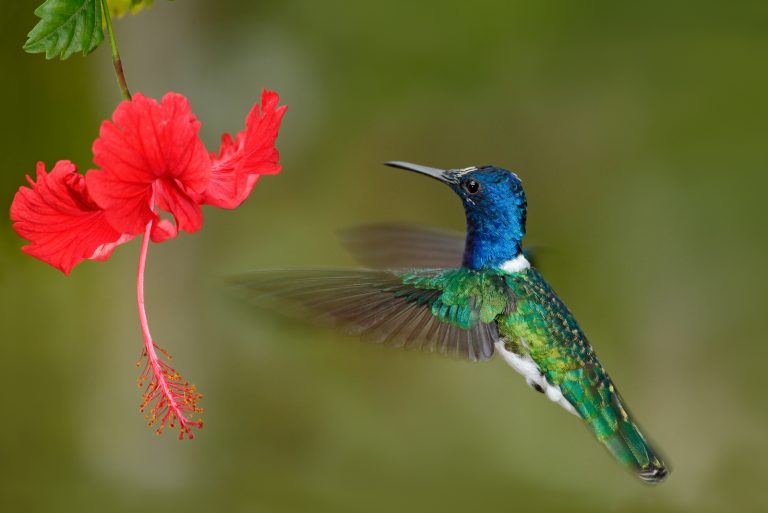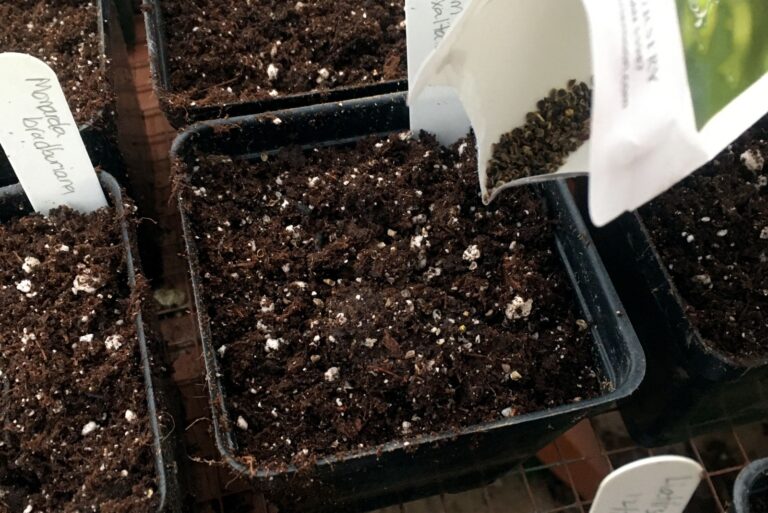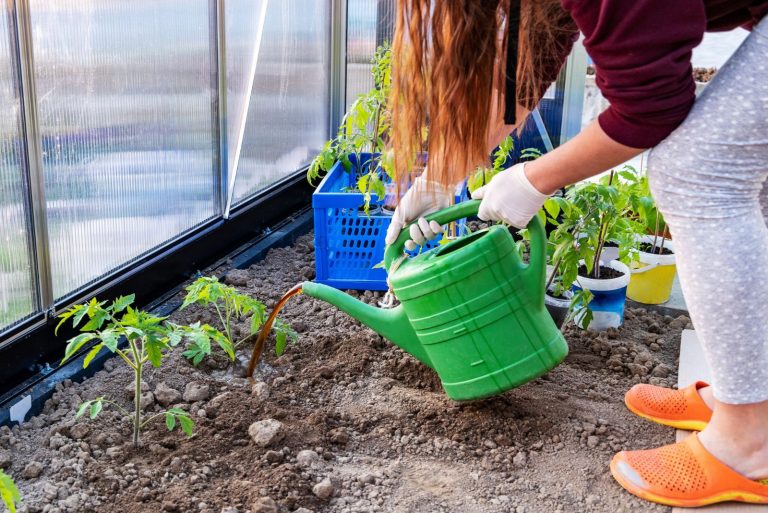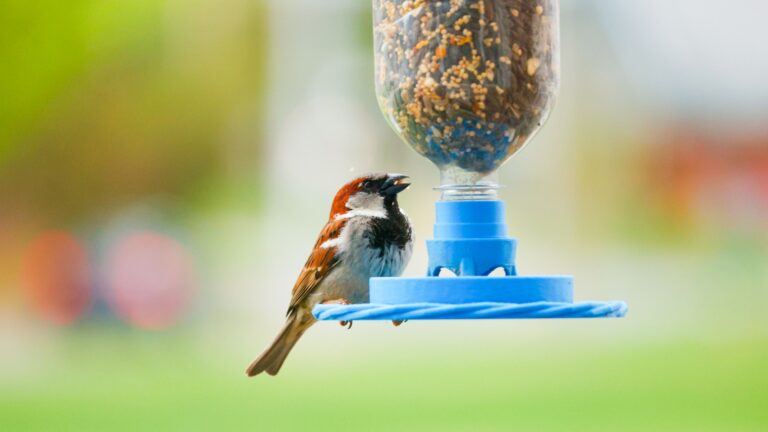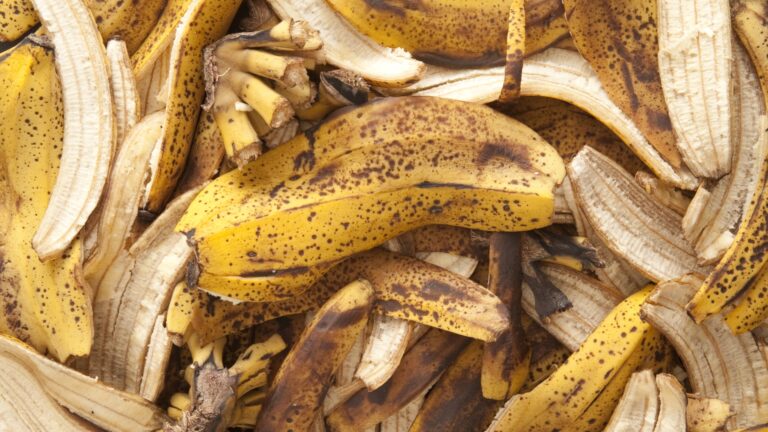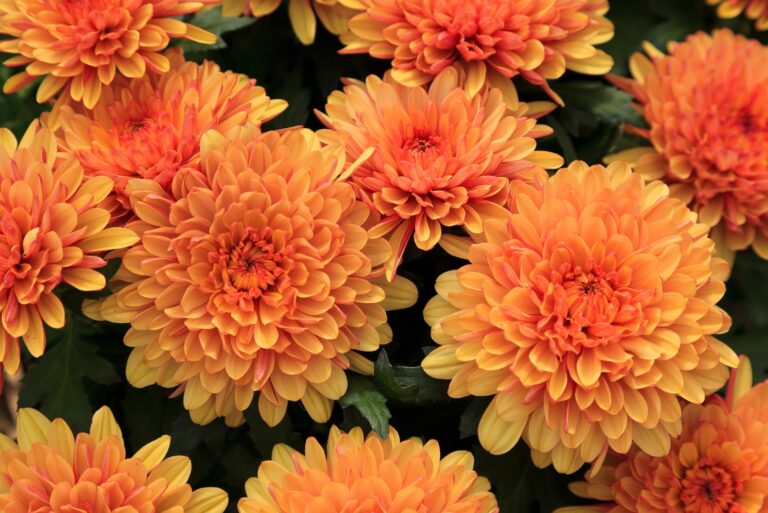15 Reasons Why You Should Think Twice Before Driving Off Bees From Your Yard
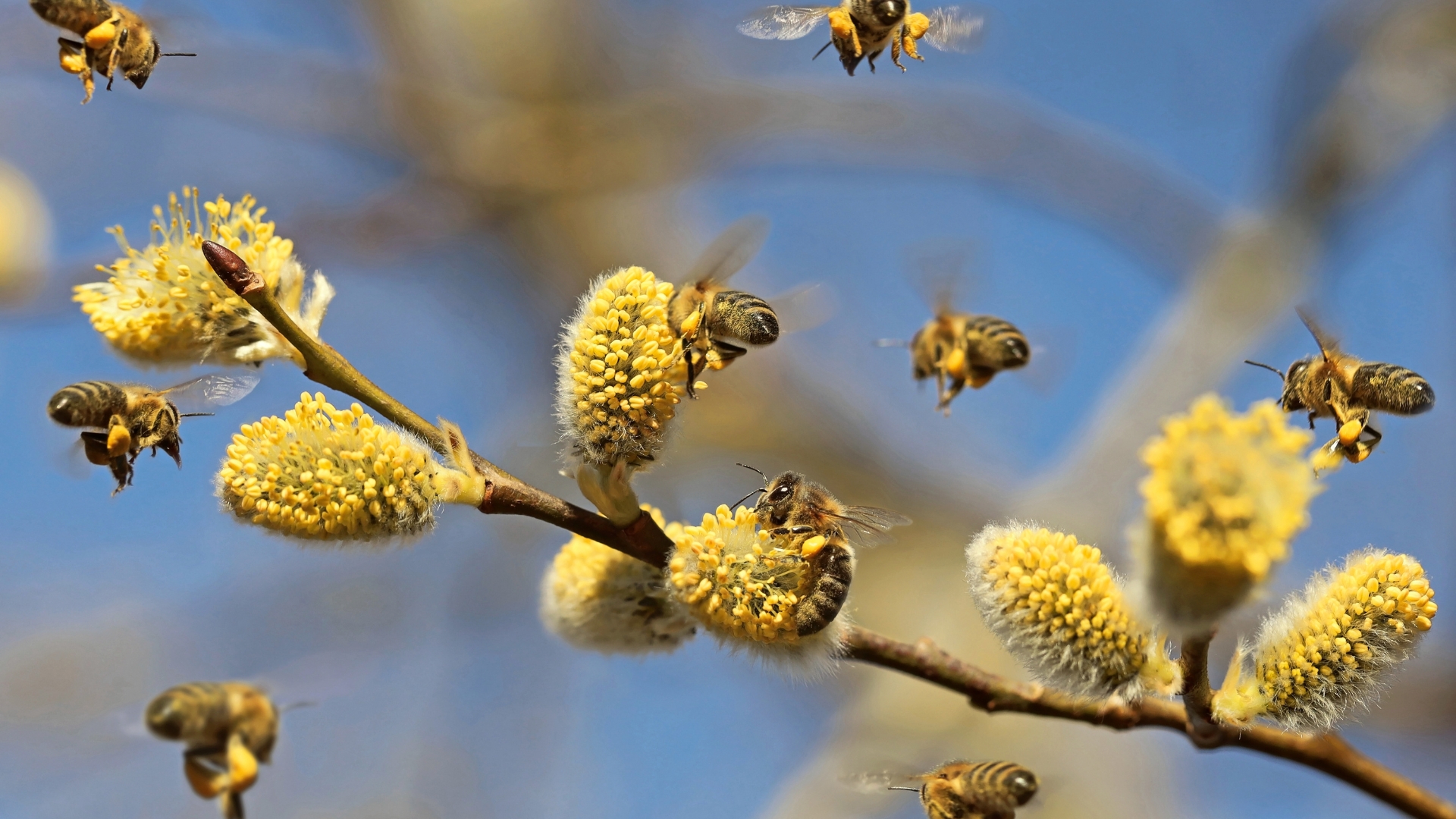
Bees buzzing around might make you a little nervous, but they’re some of the hardest-working guests your yard could ask for. I used to try shooing them away, thinking they were just out to sting—but I couldn’t have been more wrong.
These tiny pollinators are behind so many of the fruits, veggies, and flowers we enjoy. Without them, the whole garden feels a little less alive.
So next time you see a bee, give it a little space—and maybe a silent thank-you.
1. Pollination Powerhouses
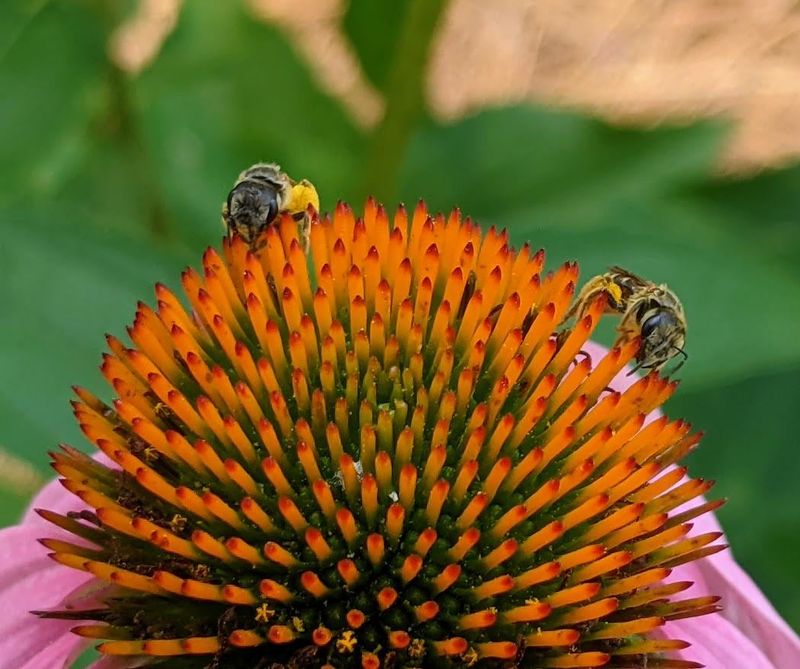
Bees are responsible for pollinating about one-third of the food we eat daily. Without their busy work moving from flower to flower, many fruits and vegetables simply wouldn’t grow.
Your garden’s productivity depends heavily on these little workers. Even if you’re not growing food, bees help nearby farms and gardens thrive, supporting the entire local ecosystem.
2. Garden Growth Boosters
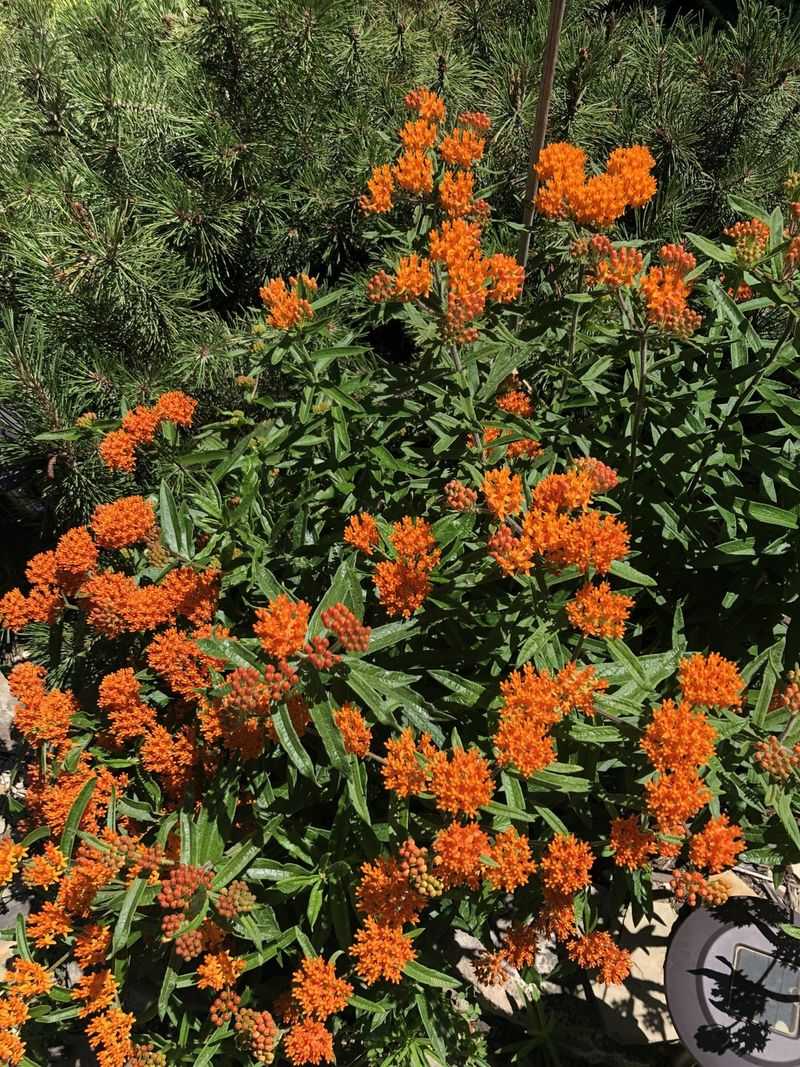
Gardens with healthy bee populations produce larger, more abundant blooms and fruits. Studies show that bee-pollinated plants yield better harvests than those pollinated by wind or other insects.
When bees visit your flowers, they’re not just collecting nectar—they’re ensuring your plants reproduce effectively. The difference between a thriving garden and a struggling one often comes down to pollinator presence.
3. Ecosystem Indicators

Bees serve as natural barometers for environmental health. Their presence in your yard indicates a healthy, chemical-free environment that supports wildlife.
When bee populations decline in an area, it often signals broader environmental issues. By welcoming bees, you’re creating a mini-sanctuary and contributing to ecological balance in your neighborhood.
4. Free Landscaping Services
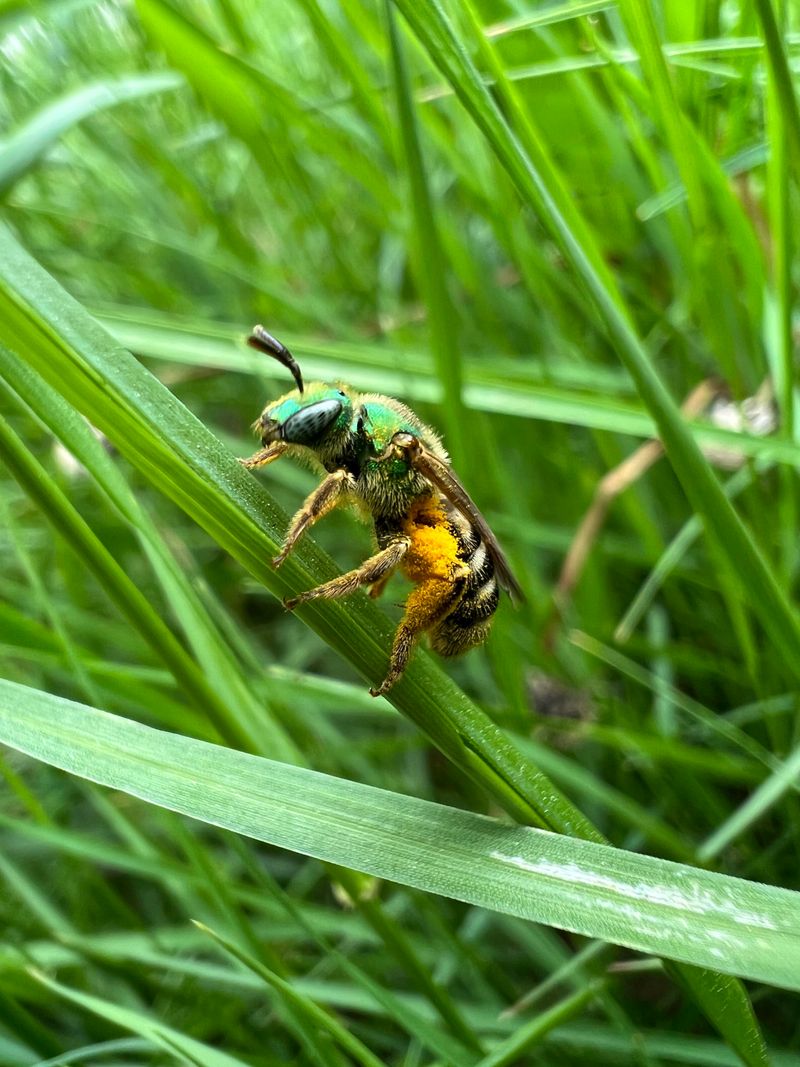
Bees actually help maintain your flowering plants without charging a dime! They ensure proper cross-pollination, leading to stronger plant genetics and better resistance to disease.
Many gardeners pay good money for services that bees provide naturally. Their constant work keeps your garden genetically diverse, which means healthier plants that can better withstand changing conditions and pest pressures.
5. Honey Production Possibility
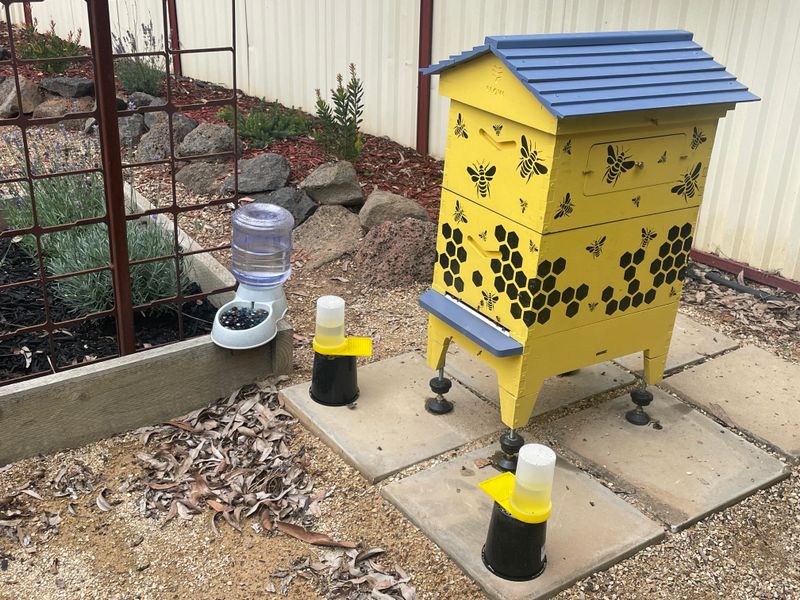
If honeybees choose your yard as home, you might eventually enjoy fresh, local honey. Nothing compares to the unique flavor of honey produced from your own garden’s flowers.
Even if you don’t harvest honey yourself, local beekeepers might be interested in placing hives nearby if your yard attracts lots of bees. This mutually beneficial relationship supports both your garden and local honey production.
6. Educational Opportunities
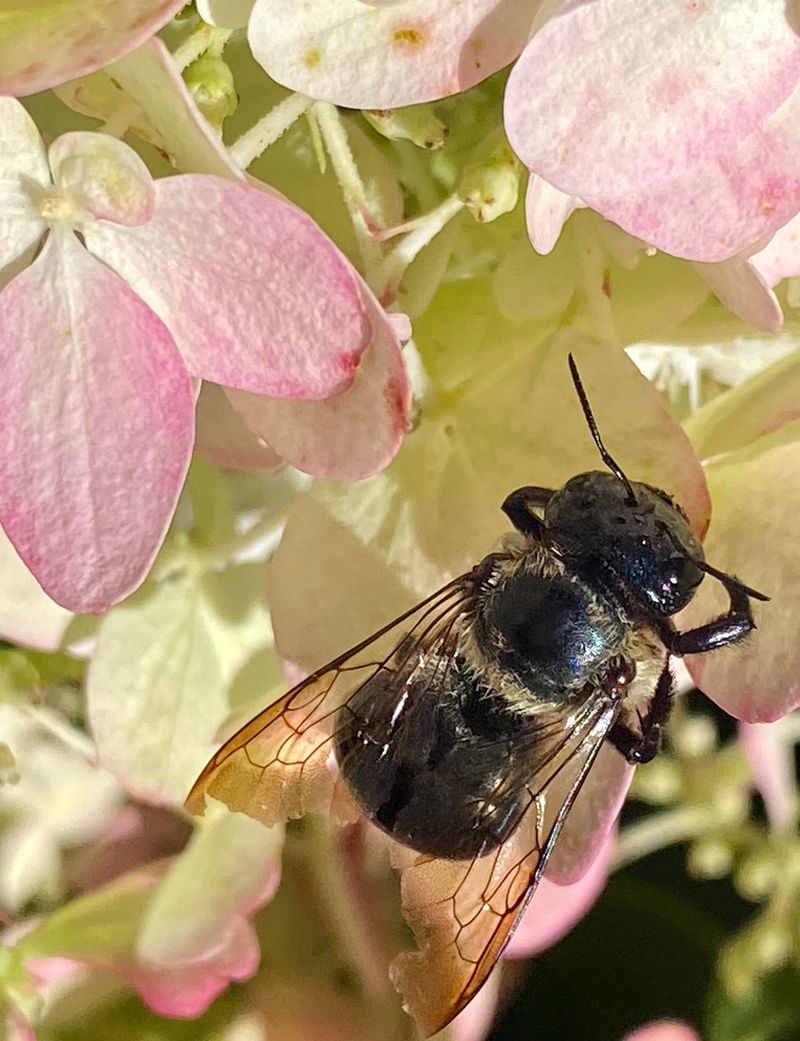
Bees provide amazing learning experiences for children and adults alike. Watching their complex social structures and work patterns teaches valuable lessons about nature and cooperation.
Many schools now incorporate bee observation into their science curriculum. Your bee-friendly yard can become a living classroom where family members learn about pollination, life cycles, and the importance of biodiversity.
7. Native Plant Supporters
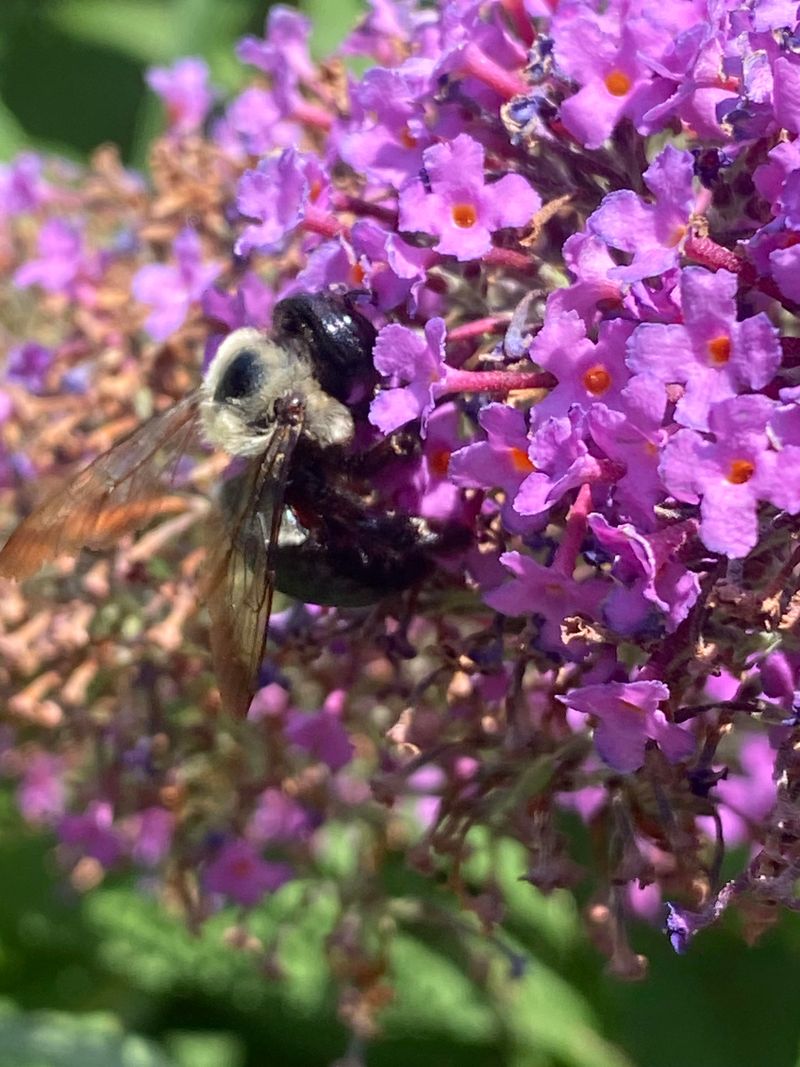
Native bee species have evolved alongside local plants, making them perfect pollinators for your region’s native flora. These specialized relationships help preserve local plant diversity and heritage.
Many endangered plant species rely exclusively on specific bee species for survival. By providing habitat for native bees, your yard becomes part of a larger conservation effort protecting your region’s unique botanical heritage.
8. Peaceful Coexistence
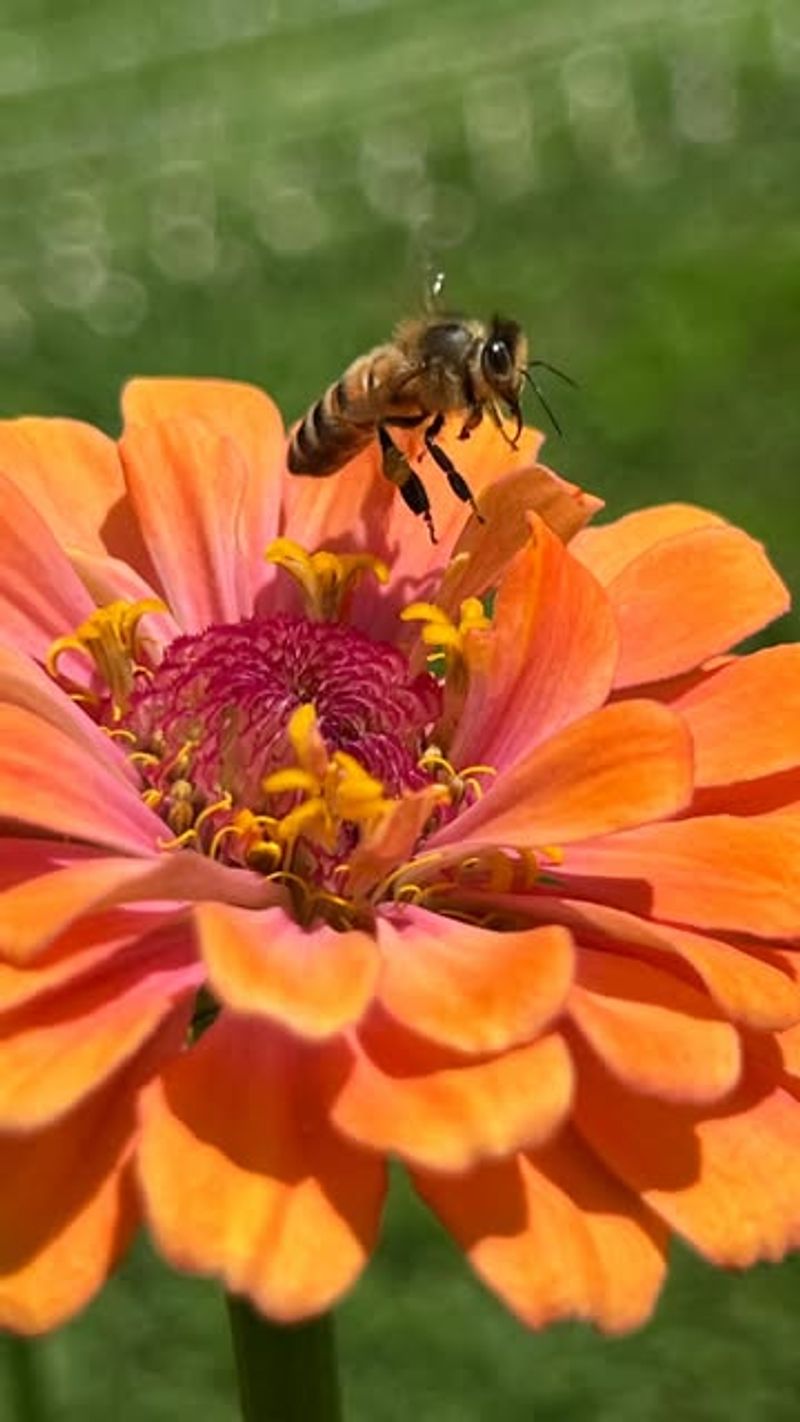
Most bee species are actually non-aggressive when left undisturbed. Unlike wasps, many bees rarely sting unless they feel directly threatened or their hive is in danger.
Learning to live alongside bees is easier than you might think. Simple adjustments like moving slowly near flowering plants and avoiding swatting motions help ensure peaceful yard-sharing with these beneficial insects.
9. Declining Population Protection
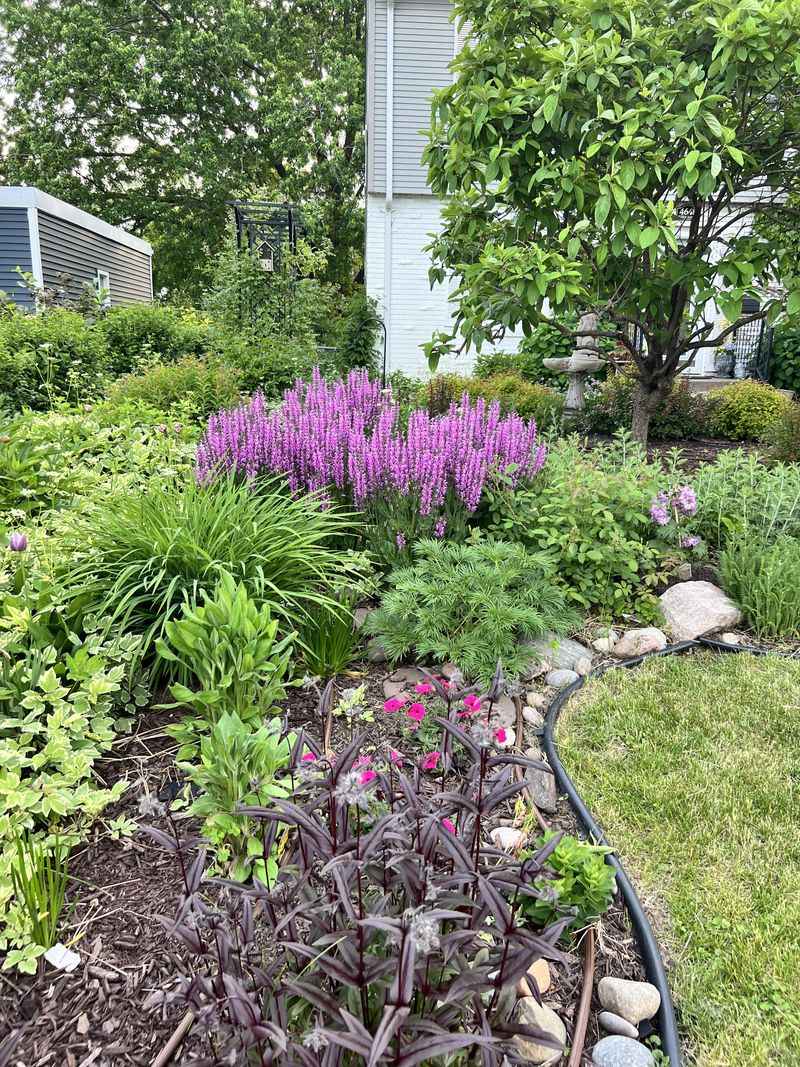
Bee populations worldwide face serious threats from pesticides, habitat loss, and climate change. Your yard can serve as a crucial sanctuary during this global crisis.
Every bee-friendly space matters in conservation efforts. By providing a safe haven in your yard, you’re contributing to species preservation that scientists and environmental organizations are working desperately to support.
10. Natural Pest Control
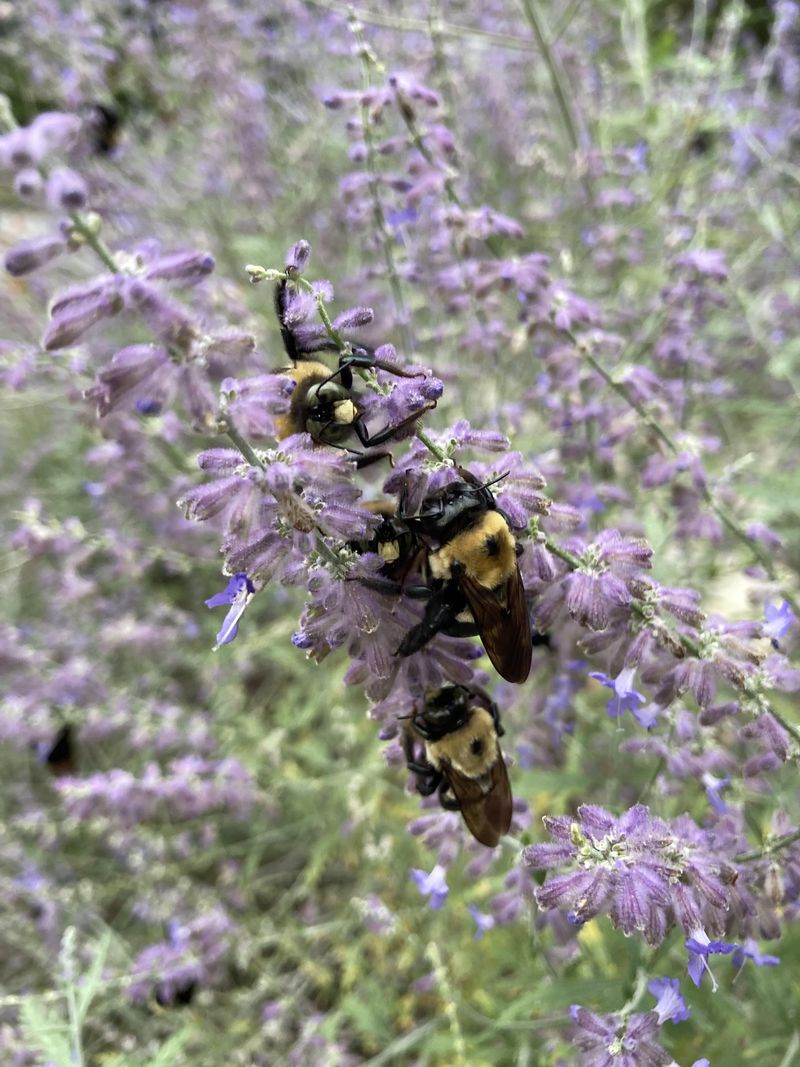
A healthy bee population helps maintain balance in your garden ecosystem. Their presence supports other beneficial insects that keep pest populations in check naturally.
Gardens with good pollinator diversity often require fewer chemical interventions. The food web that develops around flowering plants and their pollinators creates natural checks and balances against common garden pests.
11. Property Value Enhancement
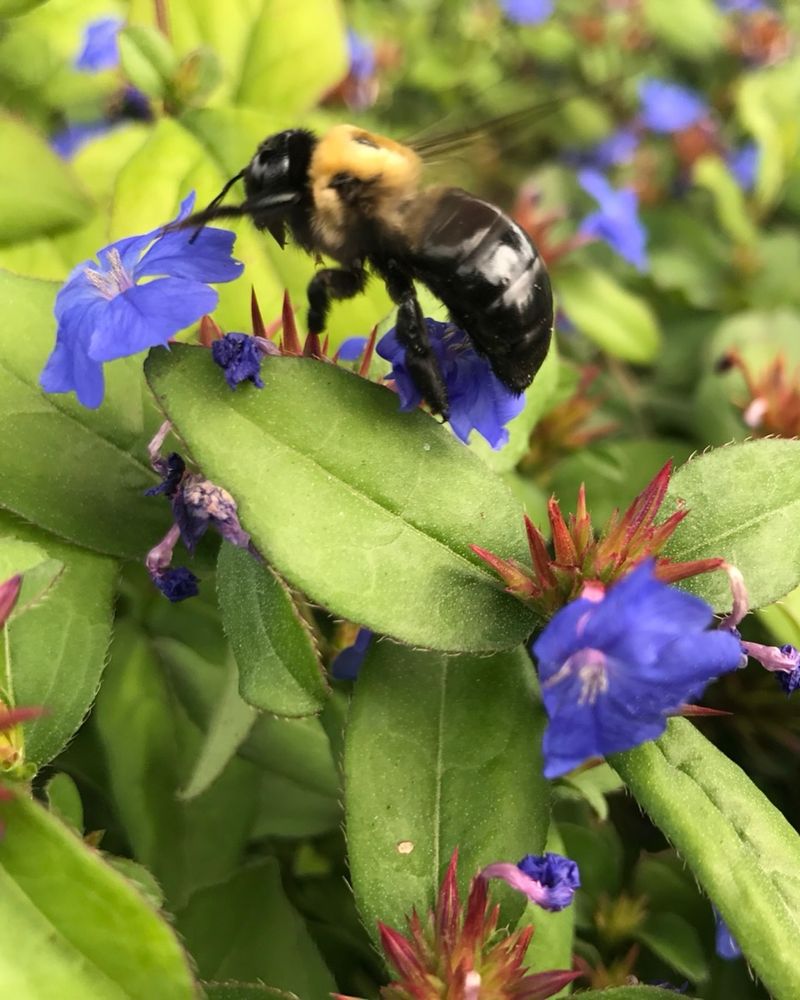
Lush, thriving gardens increase property values, and bees help create exactly that kind of landscape. Real estate experts recognize that established, healthy gardens add significant curb appeal.
Pollinator-friendly yards are increasingly desirable as environmental awareness grows. Prospective buyers often appreciate knowing a property supports local ecology, making your bee-friendly yard a potential selling point.
12. Community Connection
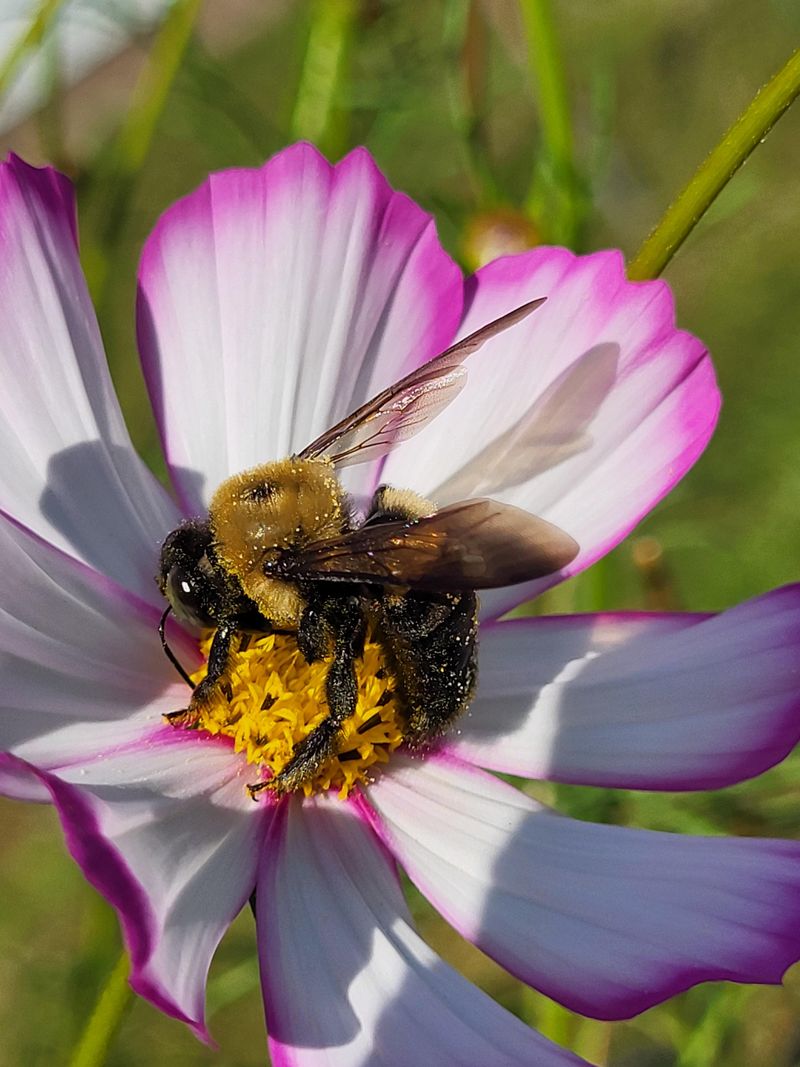
Bee-friendly yards often become conversation starters with neighbors and visitors. Your garden can inspire others to create similar habitats, multiplying the positive environmental impact.
Local gardening clubs and conservation groups love connecting with bee advocates. Your yard might become part of community garden tours or citizen science projects that monitor pollinator health across your region.
13. Seasonal Awareness
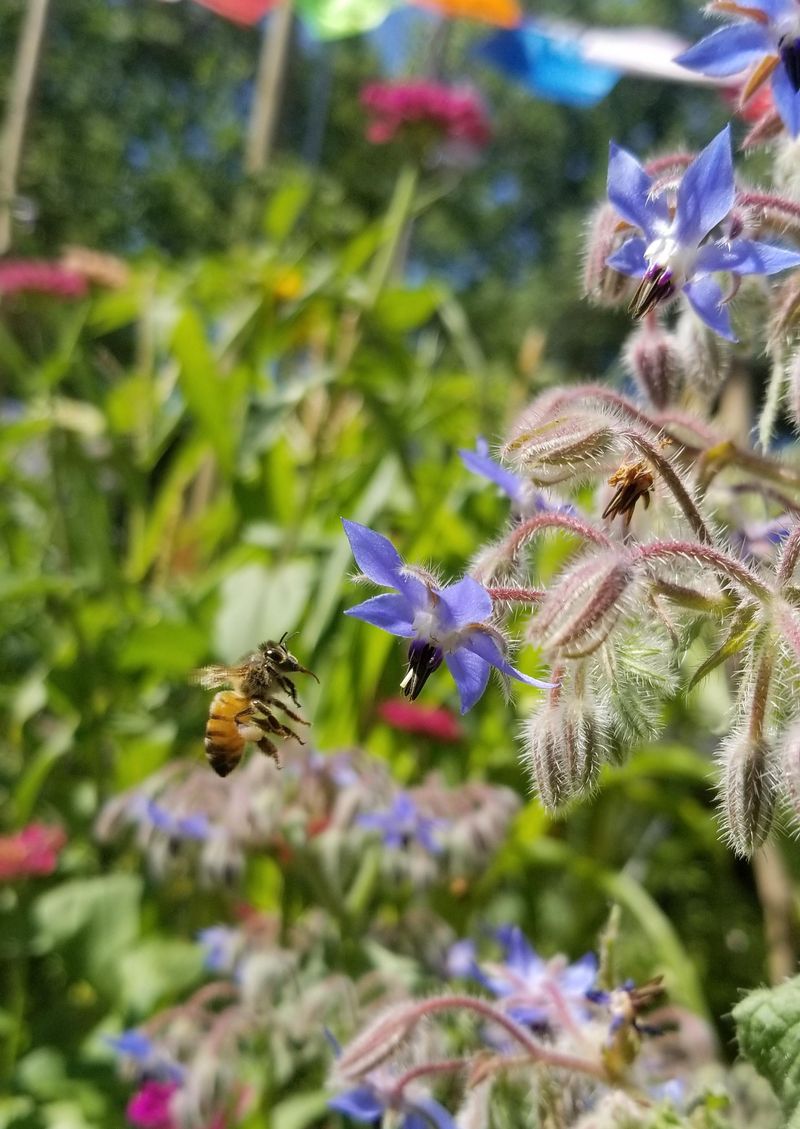
Bees connect us to natural rhythms and seasonal changes. Their activity patterns signal important seasonal transitions and help gardeners time planting and harvesting more effectively.
Observing which flowers attract bees throughout the year heightens your awareness of seasonal progression. This connection to natural cycles brings a deeper appreciation for your outdoor space and the changing seasons.
14. Medicinal Plant Propagation
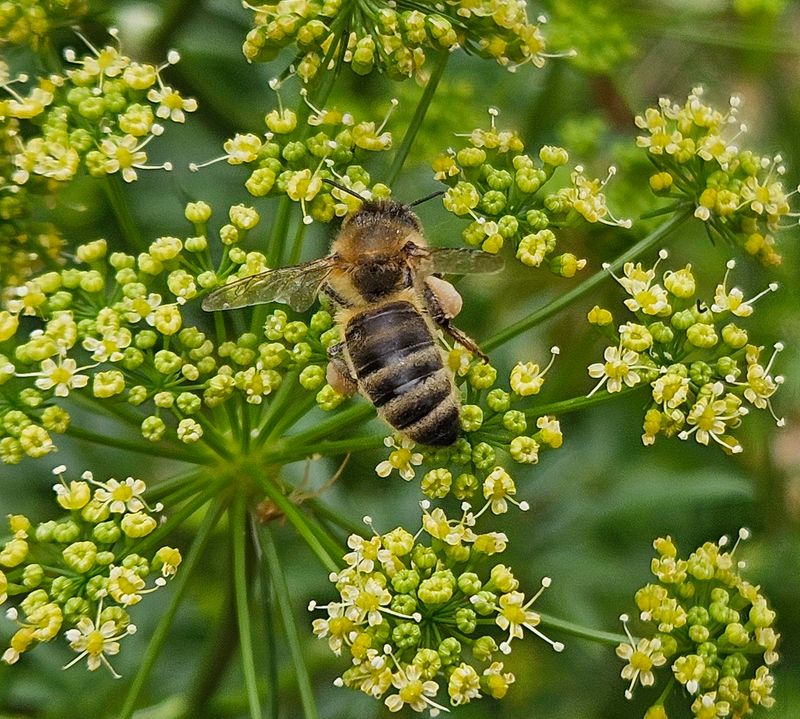
Many plants with medicinal properties depend heavily on bee pollination. Herbs like echinacea, lavender, and thyme produce more potent compounds when properly pollinated.
Growing a medicinal herb garden becomes much more successful with bee assistance. Their pollination services ensure better seed production, allowing you to propagate your own medicinal plants year after year.
15. Climate Change Mitigation
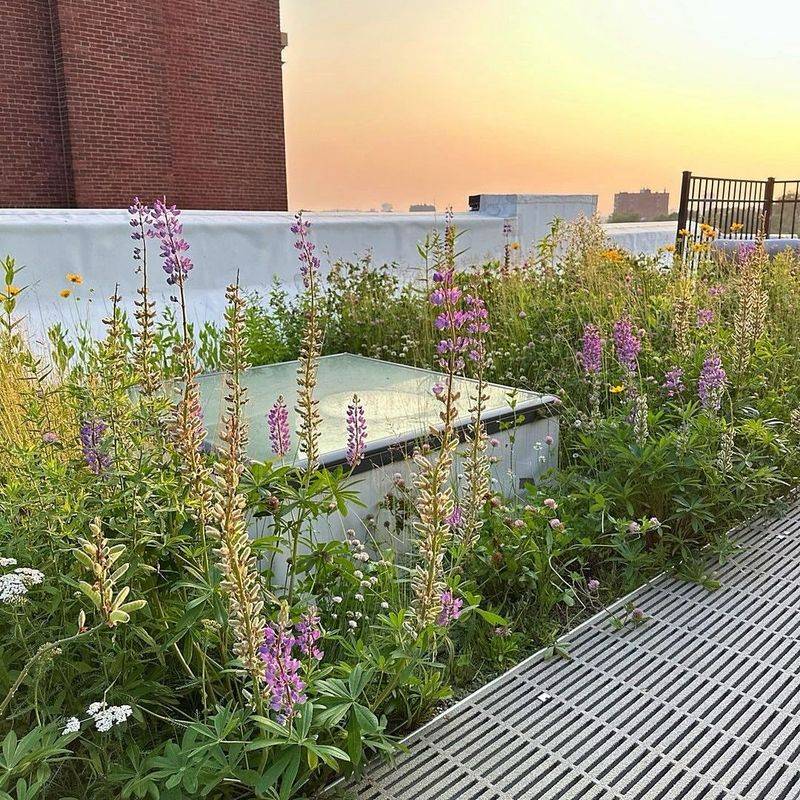
Healthy ecosystems with robust pollinator populations are more resilient to climate fluctuations. Bees help maintain plant diversity that captures carbon and moderates local temperatures.
Your bee-friendly yard contributes to neighborhood-level climate adaptation. The plants that thrive with bee pollination often provide shade, reduce erosion, and help manage stormwater—all increasingly important as weather patterns become more extreme.

